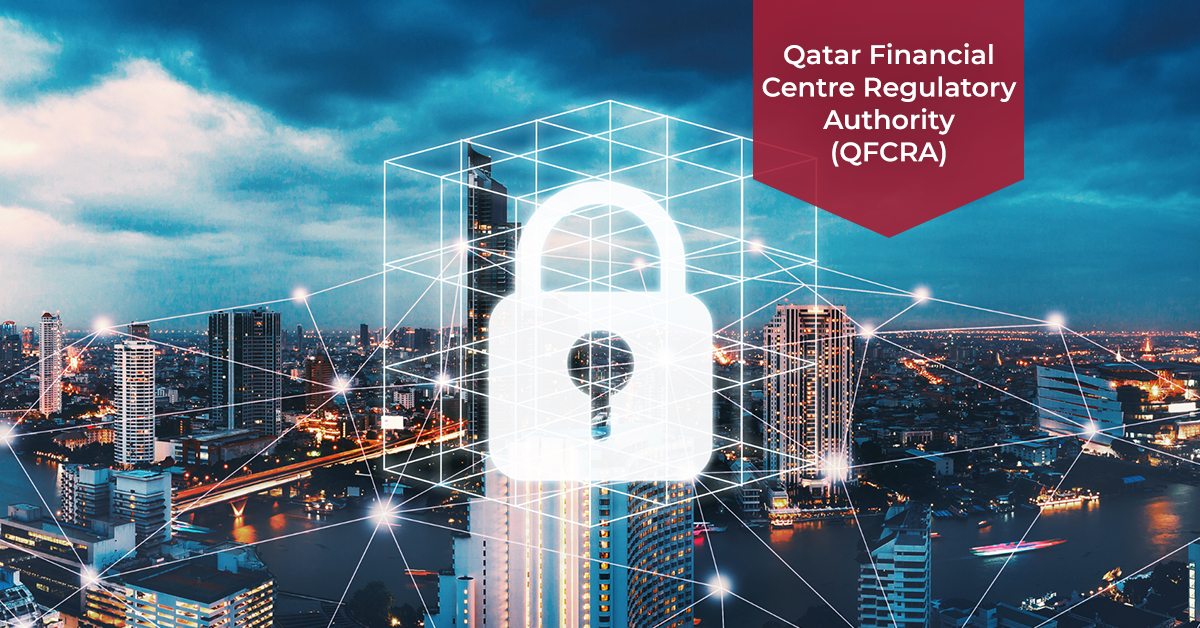
Qatar Financial Centre Regulatory Authority (QFCRA)
In a recent decision made in December 2019, QFCRA strengthened audits of QFC certified companies for non-compliance with corporate governance guidelines and financial penalties for the organization’s senior management and board of directors. Subsequent appeals to the QFC Regulatory Court have reduced fines for non-compliance, but QFCRA is a proactive step towards strengthening its commitment to good and effective corporate governance of the 2020 Governance and Management Function Code. It will also improve existing rules in line with international best practices and will align them with the corporate governance framework of the Central Bank of Qatar and the Qatar Financial Center Regulatory Authority.
What is the Qatar Financial Centre?
In Qatar, the scope of the AML regulations is very wide. QFC regulators aim to prevent financial crime by law. Businesses must detect criminal and suspicious transactions by performing AML checks. Qatar Financial Center regulators require licensed companies to take appropriate responsibility for the management and prevention of money laundering systems. Qatar Financial Center Regulatory Authority AML regulations comply with European Union and FATF regulations. QFC regulators expect companies to take a risk-based approach and comply with KYC requirements.
What is Qatar Financial Centre Regulatory Authority?
The Qatar Financial Center Regulatory Authority was established in 2005 as an independent regulatory body in Doha. The Qatar Financial Center aims to provide the legal and business infrastructure necessary for the growth and development of the financial services industry. QFC regulators have the authority to authorize and regulate financial institutions and individuals in Qatar and are responsible for establishing relationships with the financial industry in the region and globally. QFC is also an independent financial regulator. The QFC administration is responsible for developing Qatar’s financial services industry and developing relationships with global and regional financial communities.
QFC Permitted Activities
The QFC Law prescribes a set of activities that may be performed within or by the QFC. These assets are the most commonly recognized assets that make up a financial service or a service that supports a financial services business, in addition to multiple corporate headquarters or related businesses. Two sub-categories are expected in the authorized activities. As the name suggests, there are non-regulatory activities that do not require extensive supervision and regulatory activities that require close and ongoing supervision of financial services (banking, insurance, securities, etc.). Furthermore, authorized activities can only be performed if such activities are authorized by the QFCRA. The approval process aims to ensure that only those who are qualified to contribute to the achievement of QFC’s goals have the opportunity to work with QFC.
Qatar Anti-Money Laundering Law
In Qatar, the scope of AML regulation is very broad. QFC regulators aim to prevent financial crime through law. Businesses need to detect criminal and suspicious transactions by performing AML checks. Qatar Financial Center regulators require licensed companies to ensure that authorized persons have adequate accountability for the management and prevention of money laundering systems. The AML regulations of the Qatar Financial Center Regulatory Authority comply with the regulations of the European Union and the FATF. QFC regulators expect companies to take a risk-based approach and meet KYC requirements.
